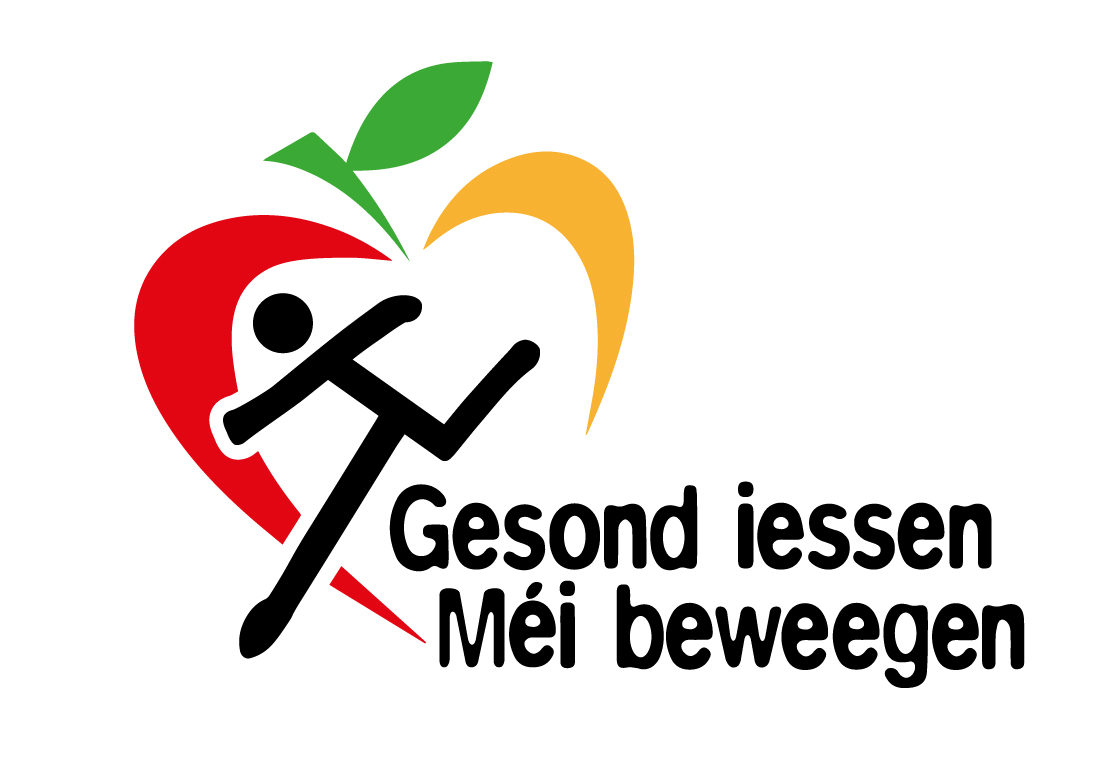Meat, fish, eggs and other vegetarian alternatives
These foods provide excellent quality protein, which is vital for your body to function properly (muscles, heart, brain, etc.) and for muscle development. Meat is an excellent source of iron, and sea fish provides iodine, vitamin D and essential fatty acids. As well as being rich in protein, pulses (lentils, beans, chickpeas, etc.) contain high levels of minerals and fibre.
Meat contains lots of iron. Iron deficiencies are common, particularly in young girls, and can make you feel extremely tired. Pulses such as lentils, beans and chickpeas also contain iron, although the chemical molecule they contain is not absorbed as easily as the one in meat and fish.
Fish contains fats (Omega-3 fatty acids), which can help with your concentration and brain development. Sea fish also contains iodine, which is essential for proper thyroid function. The thyroid is linked to the growth and functioning of the brain.
If you eat a varied and balanced diet, you will naturally meet all your body's needs.
Alternates between meat, fish, eggs and vegetarian alternatives.
What constitutes 1 portion of meat, fish, eggs or alternatives?
1 portion of meat, poultry or fish is defined by the size of your fist, so someone with larger hands will have a bigger portion. 1 portion can also be 2 eggs, or a portion of soya products or pulses.
A portion can be spread over 1 or 2 meals.
For animal protein sources, the portion is normally eaten in 1 meal.
An equivalent portion of vegetable protein has a greater volume and is easier to spread over 2 meals.
Good to know for vegetarians
For a good protein intake, combine cereals and pulses (couscous and chickpeas, rice and peas, wheat and flageolet, corn and kidney beans, rice and lentils, etc.) and replace meat and fish with eggs and tofu.
Your diet
Do you dislike meat, or are you looking out for the environment ? Would you like to be a vegetarian ? Our GIMB recommendations are compatible with a lacto-ovo-vegetarian diet (which excludes all meat, fish and shellfish).
However, we remain reserved with regard to veganism (which excludes all food of animal origin), due to the deficiencies that this type of diet can cause, such as vitamin B12. Our concern remains to ensure access for all to a healthy, balanced diet rich in fruit and vegetables and low in salt and added sugars.
Last update


